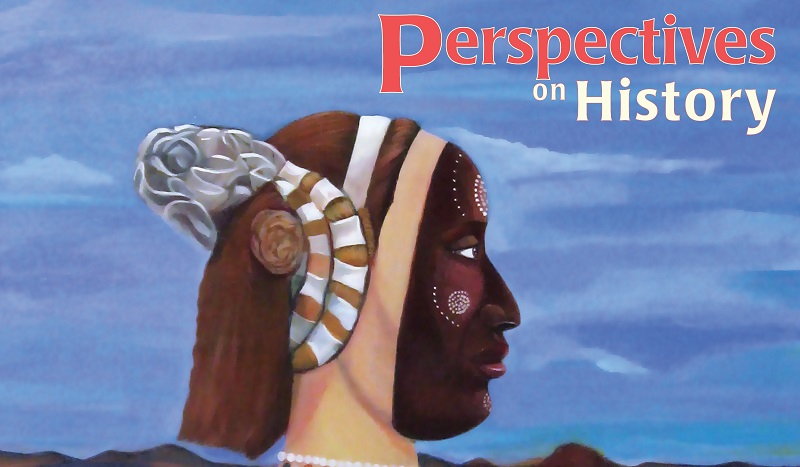It's time for a "What I'm Reading Wednesday" LinkUp (a.k.a. doing "Tuesday Bookday" a day late!
Regular readers will remember the long list of things I'm actively reading at present that I posted the other week. Since then I've finished a few things and started a few others. By way of review of the finished items -
The Young Lawyer (2015), vol. 15(2) - Worth flipping through, although because my legal career is slowly slipping beneath the waves I didn't trouble to read the professional skills section. There were a couple of genuinely interesting columns on legal history: One noted Abraham Lincoln's acceptance that slavery was (pre-Civil War) legal, although also evil and barbaric. The other noted the career of Nazi jurist Hans Frank; seeing what Frank was actually convicted of at Nuremberg is now on my to-do list.
Ken Blackwell and Ken Klukowski, The Blueprint (2010) - I read this just after finishing Sean Hannity's Conservative Victory and I think it benefited from the comparison. It has more rigour and intellectual honesty than Hannity's book - for one thing, it concedes that parts of President Obama's program have been entirely constitutional and legal, even if they represent bad policy. For another, it avoids using the terms "socialist" and "Marxist" interchangeably (the two concepts are rather different) and as general terms of disapproval. Its flaw, I think, lies in the tendency to see large parts of the Obama program as part of a plan (or even a conspiracy): a fairer reading, I think, would be to see the present administration as a somewhat ramshackle group of political operators pursuing a complex agenda, under the aegis of a president who is clearly intelligent but somewhat naive as to how much can be achieved by dialogue alone.
Perspectives on History (2015) vol. 53(3) - Always worth reading even if it's a little depressing to read (as here) about the politicisation of funding for study of the humanities. I think one of the big problems facing the humanities at present is that conservative polemicists are calcifying into a canonical history of the United States. This history will be very fragile and open to being problematised by offering (inherently liberal?) perspectives from class, race and gender. In the long run, what this means is that conservatives retreat into an intellectual fortress and cease engaging with the historical conversation. Far from challenging the left's long march through the intellectual institutions, this winds up guaranteeing its success.
Kevin Gutzman, The Politically Incorrect Guide to the Constitution (2007) - I got up to page 122 and gave up. This book is unutterably bad: essentially it comes down to a series of "gotcha" moments where where Founding Father x said such and such in 1783 and the something different in 1810, without considering why they may have changed their position. Particularly exasperating is the insistence that the subjective understanding that certain members of the Founding generation had as to the US constitution is relevant to its interpretation: a competent historian could use "original understanding" to argue for virtually any interpretation of a constitution (or any statute) once one departs from a purely textualist approach.
Law Institute Journal (2015) vol. 89(4) - Increasingly irrelevant to me but worth skimming over nonetheless. A couple of articles about the Victorian legal profession's opposition to the execution of Chan and Sukumaran in Indonesia (which, accidentally, tended to underscore the lawyers' impotence on the issue). Interesting article on the new Fences Amendment Act which will be useful for volunteering at the Legal Centre.
WHAT I'M CURRENTLY READING
PJ O'Rourke, The CEO of the Sofa (2001) - A collection of P.J. O'Rourke's columns from 2000-2001. Some of the more political and 'new economy' columns are dated and I've been skipping over them. In a way, reading these columns underscores just how much our culture has been changed by a decade-and-a-half of the Internet, September 11 and the wars in Iraq and Afghanistan.
Commercial Transport Litigation Committee, Damages (2014) - I'm working through this one or two states a night (currently up to Delaware). It's as exciting as you'd expect a legal reference book to be but it's a good way to add to my store of knowledge.
Rebecca Fraser, The Story of Britain (2003) - I've only glanced at the first couple of pages. Interestingly Fraser starts with the Roman occupation.
Mark Levin, Men in Black (2005) - I've only read a few pages of this so far, but to this point it seems to be a polemicist's defence of the 'originalism' school of legal thought. Whether I bother finishing it will probably be controlled by how well it addresses the arguments of originalism's opponents.
What are you reading now, and why? Are you enjoying it,
or feel that it's been a wrong turn?








I have always had a difficult time reading books like the ones you have been reading. I usually get about halfway through and give up. Does my Statistics in Business college book count for reading? Ha ha! I am reading City of Heavenly Fire by Cassandra Clare right now. It is a decent series and I am looking to finish up this last book :)
ReplyDelete